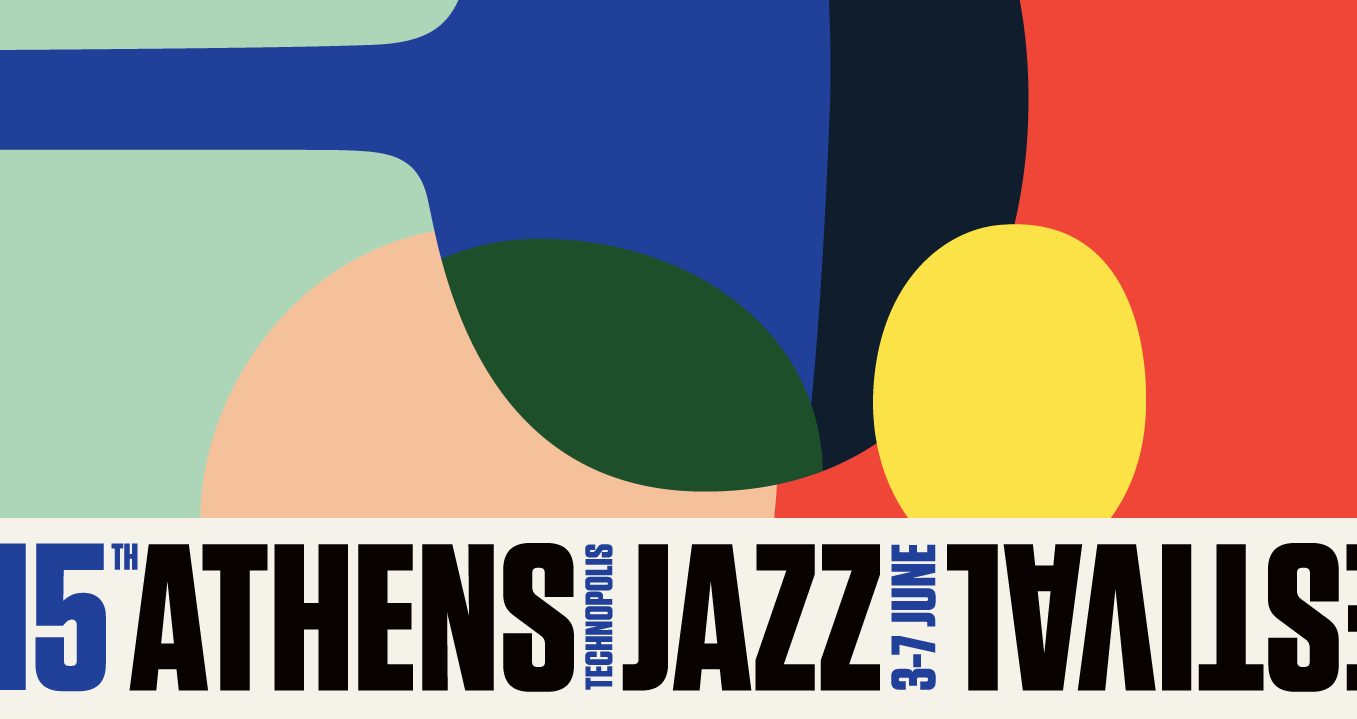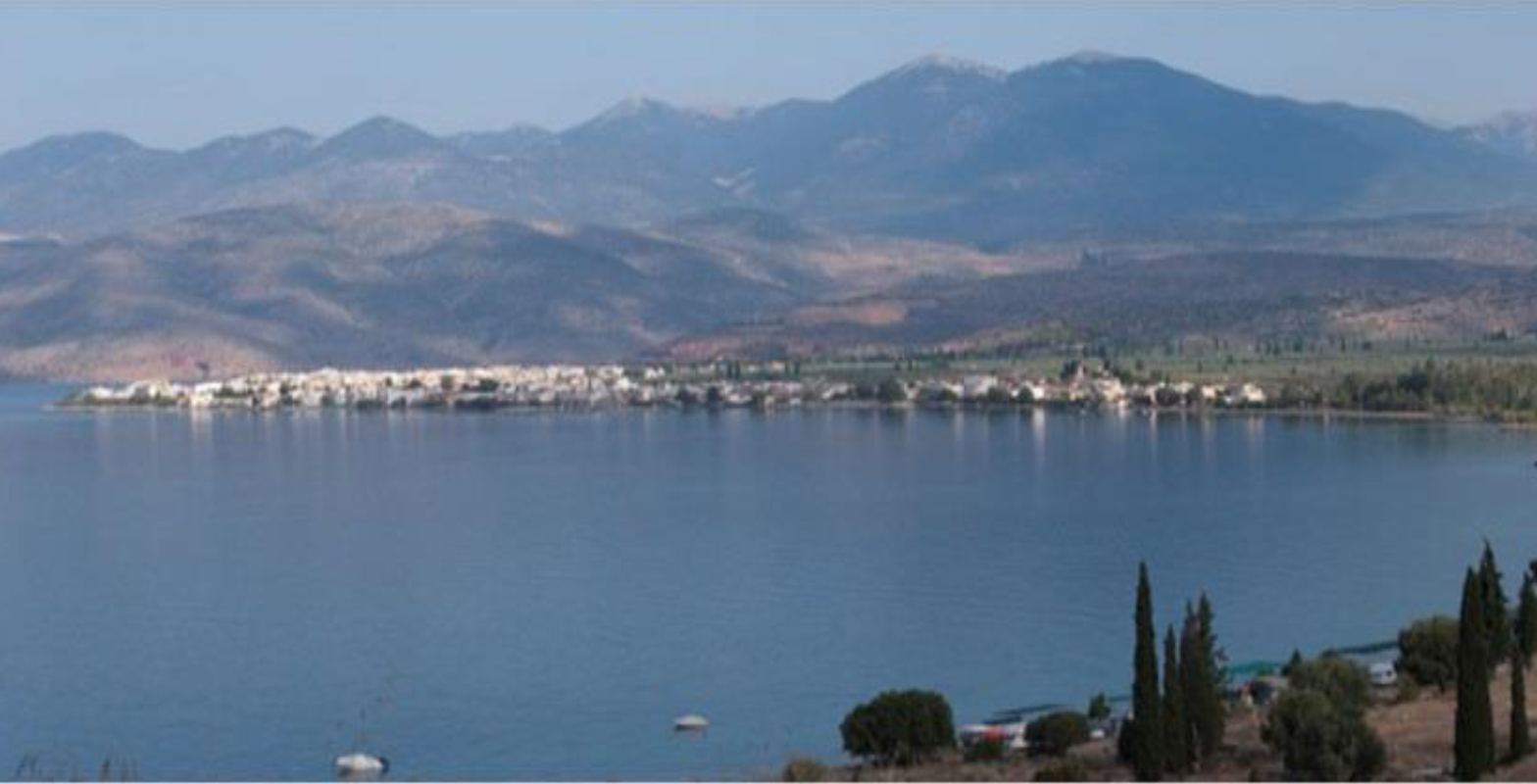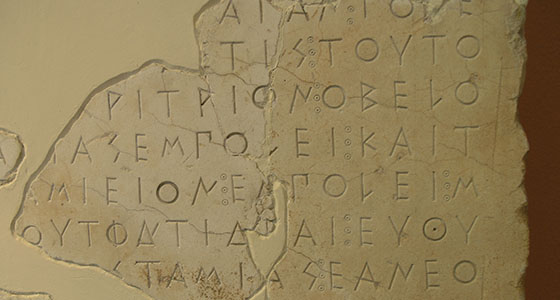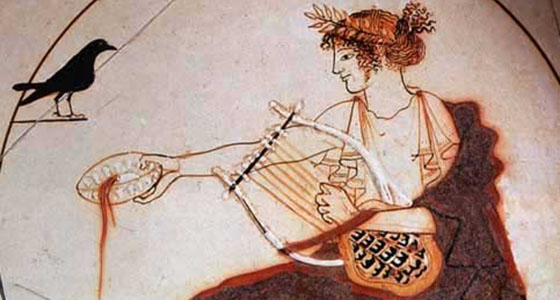Orfeas Wärdig Tsoukalas Quartet
Representing Sweden at Athens Jazz Festival, 2015

The Swedish Institute at Athens has invited the jazz band Orfeas Wärdig Tsoukalas Quartet to perform at the
- 15th Athens Technopolis Jazz Festival on Friday June 5, 2015 at 21.00 hrs.
Before that a concert will also be held in the city of Kavala on Wednesday June 3 2015, at 21.00 hrs at Halil Bey or “Palia Mousiki”.



